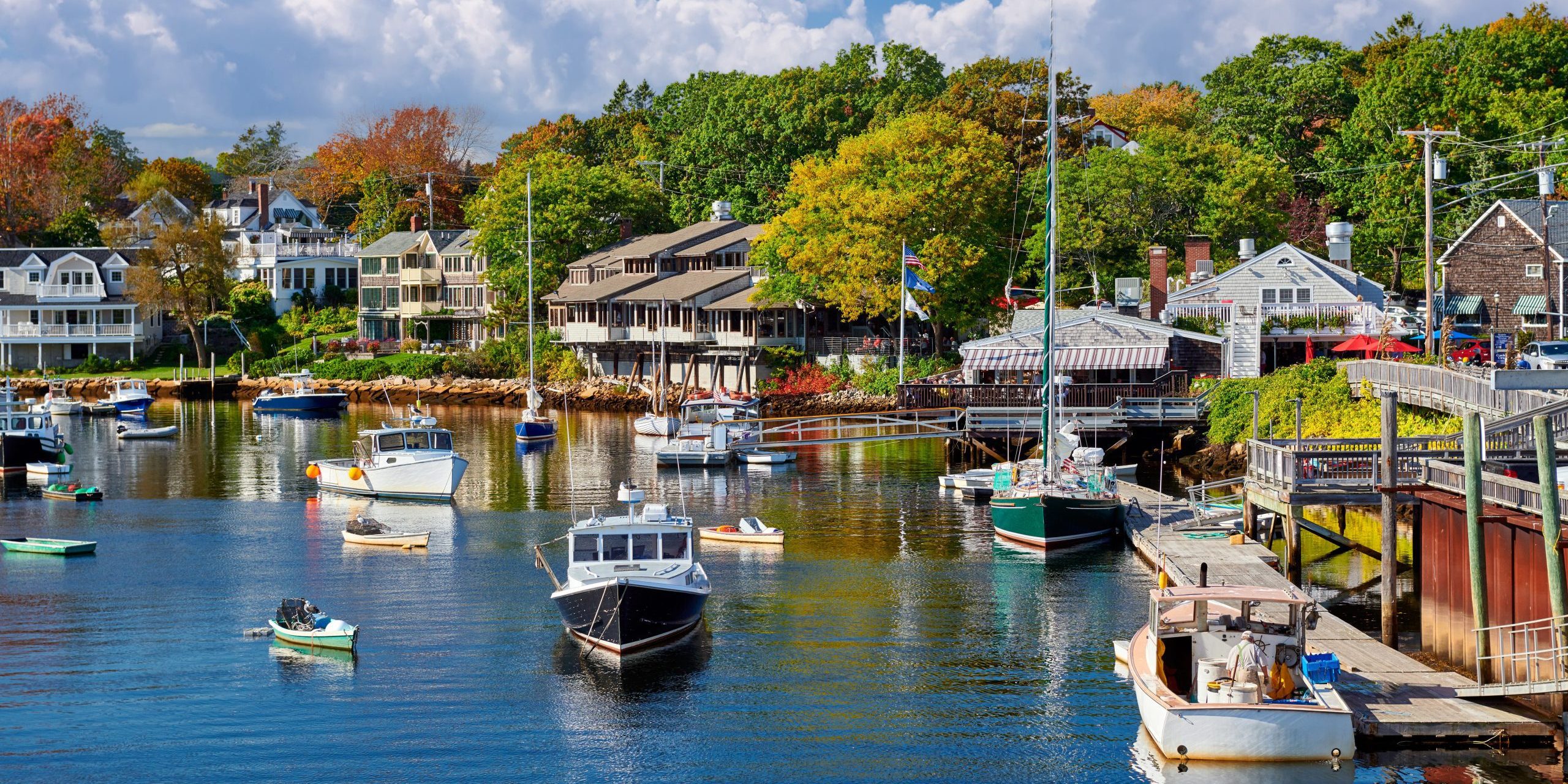Climate and Fisheries Adaptation Program (CAFA)


MISSION: The Climate and Fisheries Adaptation (CAFA) Program is a partnership between the Office of Oceanic and Atmospheric Research (NOAA Research) Climate Program Office, and the National Marine Fisheries Service (NOAA Fisheries) Office of Science and Technology that supports targeted research to promote adaptation and resilience of the nation’s valuable fisheries and fisheries-dependent communities in a changing climate. By bringing together NOAA scientists with many partners, CAFA addresses priority needs for information and tools identified in the NOAA Fisheries Climate Science Strategy, Regional Action Plans, and other sources.
Program History
The CAFA Program was established by the NOAA Research Climate Program Office and the NOAA Fisheries Office of Science and Technology in 2014 to advance understanding of climate‐related impacts on fish stocks, fisheries and fishing communities. The partnership originated through the former Coastal and Ocean Climate Applications (COCA) Program and in 2021 was renamed the Climate and Fisheries Adaptation (CAFA) Program as part of the Climate Program Office Adaptation Sciences Program.
News
Issue
Healthy fisheries are a significant component of the U.S. economy. Commercial and recreational marine fisheries generate over $200 billion in economic activity and support more than 1.8 million jobs annually (FEUS 2016). Fisheries also support working waterfronts and coastal communities, provide opportunities for commerce, are tied to rich cultures, and help meet the growing demand for seafood across the U.S. and the world.
Climate change is impacting fish stocks, fisheries, and fishing communities, and these impacts are expected to increase. Changing climate and ocean conditions (e.g. warming oceans, changing currents, coastal inundation, extreme events, etc.) can affect the abundance, distribution, and productivity of fish stocks that support economically important fisheries. Sustainable fisheries management requires an improved understanding of how climate, fishing, and other stressors interact to affect fish stocks (including their habitats and prey), fisheries and fishing-dependent communities.





